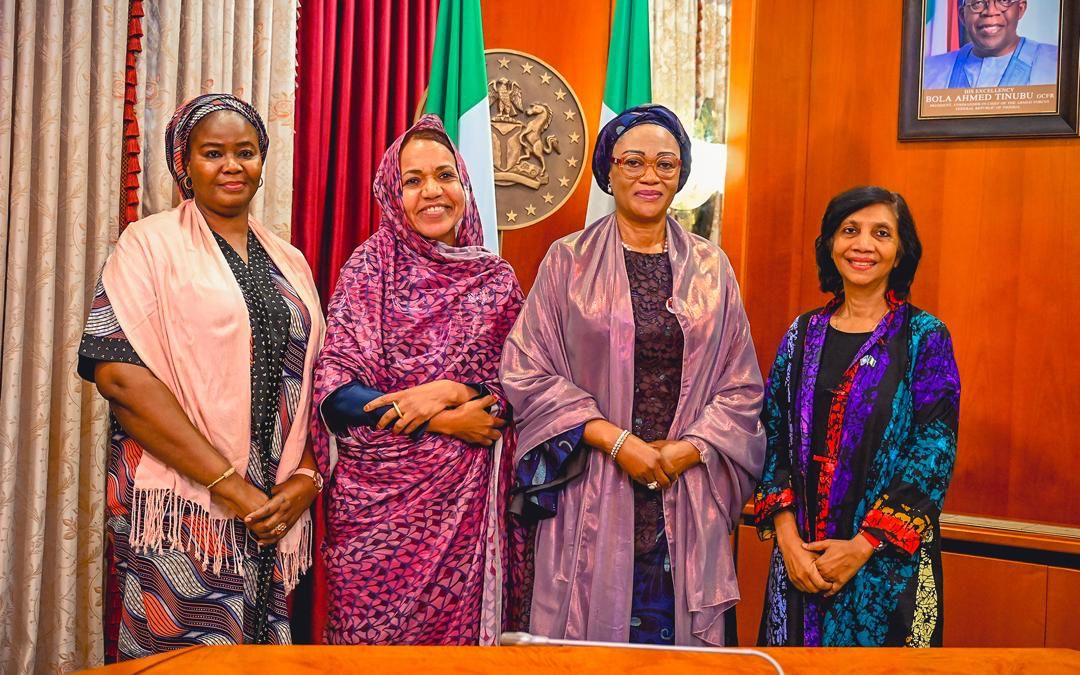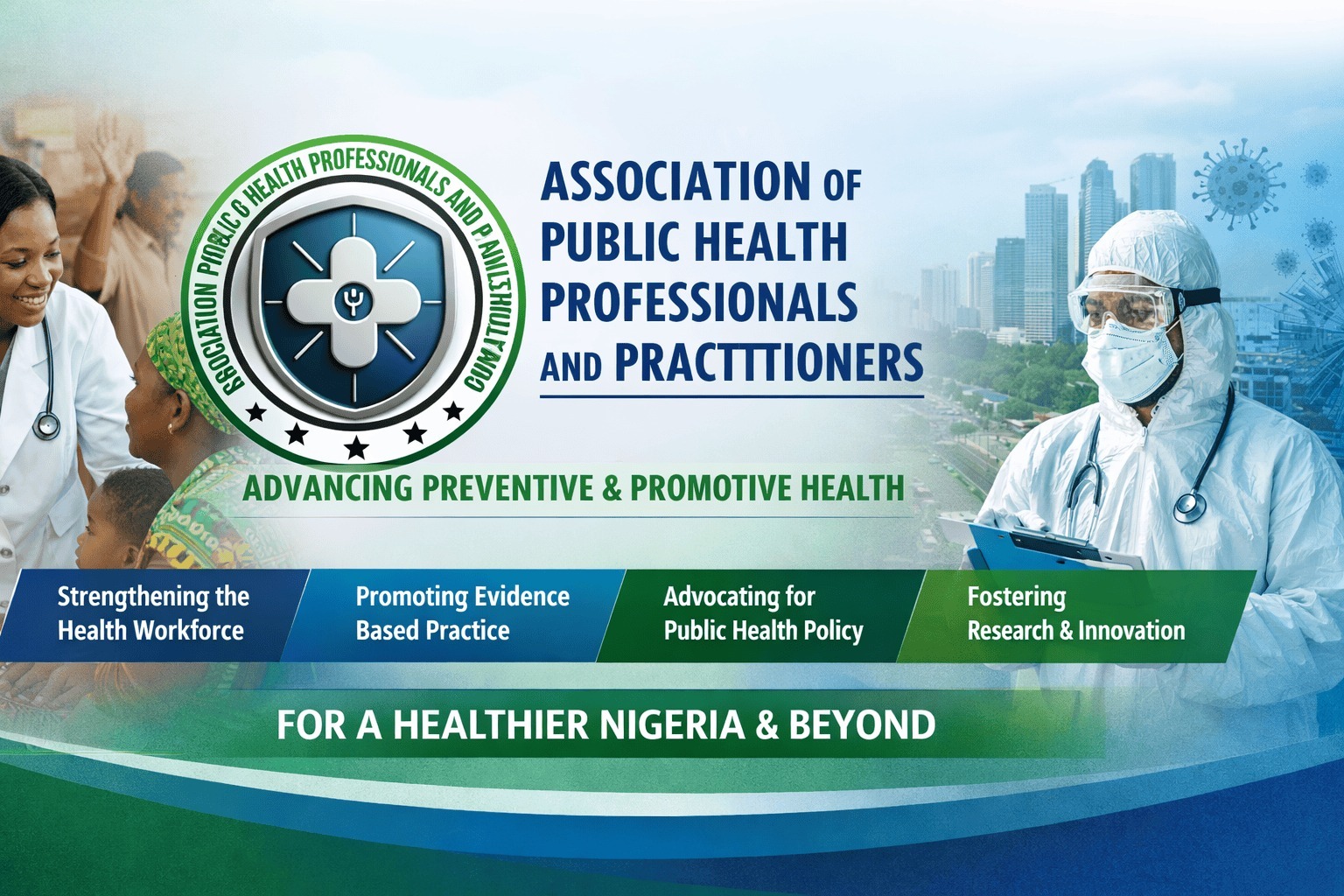World Drug Abuse Day: ACPN Reiterates Commitment To Fight Drug Abuse, Calls For Coordination & Sustaining Campaign
Posted on June 27, 2025
CYRIACUS IZUEKWE

The National Chairman of the Association of Community Pharmacists of Nigeria (ACPN), Pharm. Ezeh Ambrose Igwekamma, has expressed the association’s commitment to fight drug abuse and called for urgent coordination and sustained efforts for the campaign in Nigeria.
P.M.EXPRESS reports that Pharm. Igwekamma stated this on the occasion of World Drug Abuse Day, June 26, 2025 and reconfirmed the association’s commitment to the campaign against drug abuse.
While he highlighted ACPN’s commitment to combating drug abuse, he emphasized the importance of prevention, and called for coordinated actions from stakeholders. The statement also outlined specific action points, including strengthening regulatory environments, empowering community pharmacists, and public health campaigns.
The ACPN National Chairman said:
“Today, June 26, 2025, the global community comes together once again to observe the International Day Against Drug Abuse and Illicit Trafficking, a day set aside by the United Nations to raise awareness of the devastating consequences of drug abuse and illicit trafficking on individuals, families, communities, and nations”.
“As the National Chairman of the Association of Community Pharmacists of Nigeria (ACPN), I join millions around the world to reaffirm our commitment to the fight against drug abuse and to call for urgent, coordinated, and sustained actions to combat this public health menace in our dear country.
The theme for this year’s celebration, “The Evidence is Clear: Invest in Prevention,” resonates deeply with our vision at the ACPN. It reminds us that we must shift our focus from reaction to prevention. As community pharmacists—trusted, accessible healthcare providers on the frontlines—we witness firsthand the silent crisis of substance abuse in our communities, especially among our youth.”
“ACPN for more than a decade has demonstrated a concern for massive awareness creation through our National Anti-Drug Abuse Competition among students in secondary schools nationwide. And the essence of this annual competition is for prevention and also to disabuse the minds of younger generations against the consequences of drug abuse, which aligns with the same UNODC strategic plan for substance abuse.”
“Every tablet sold without prescription, every codeine cough syrup diverted, and every hard drug traded illegally is not just a crime—it is a threat to our collective future. Drug abuse fuels mental health disorders, crime, school dropout, family breakdown, and premature deaths. It cripples dreams and sabotages national development.”
“The ACPN therefore, calls on all stakeholders—government, civil society, security agencies, religious and traditional leaders, parents, and educators—to intensify their roles in prevention, education, early intervention, and rehabilitation.”
“We further highlight the following action points as our contribution to a drug-free Nigeria:
1. Strengthening the Regulatory Environment—The ACPN urges relevant agencies to enforce stricter controls on the distribution and sale of controlled substances. We must close the leakage points that allow prescription drugs to enter the illicit market.
2. Empowering Community Pharmacists—Community pharmacists must be given a central role in identifying early signs of drug misuse and providing counseling, referrals, and rehabilitation support. We must also be involved in school-based and grassroots education programs.
3. Public Health Campaigns—We shall continue our sensitization across communities.”
“In the same vein, a Nigerian student from Government Secondary School, Garki, Abuja, writes to President Bola Ahmed Tinubu about the drug abuse crisis. The letter highlights the pressing issue of drug abuse in the country, citing its widespread prevalence, contributing factors, and devastating effects on individuals, families, and society. The writer, Ogbodo Kelvin, proposes several solutions, including public education campaigns, rehabilitation projects, and stricter law enforcement to combat drug trafficking and regulate prescription drugs. The letter emphasizes the need for immediate attention and action to address this critical issue and create a society where drug abuse is no longer a threat.
The International Day Against Drug Abuse and Illicit Trafficking serves as a global reminder of the urgent need to combat the drug menace through coordinated action, awareness, and rehabilitation” the statement concluded.











